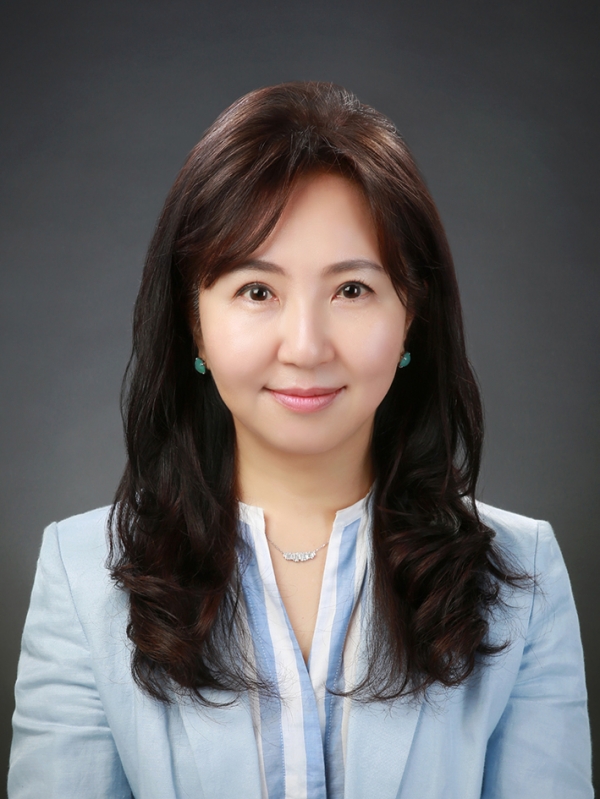Adjunct Professor, Division of Communication & Media

Just a few days ago, I happened to see SNS posting of my British friend who now lives in Canada that on her way back from London to visit her mother, she was diagnosed with COVID-19. My friend in quarantine said she had already vaccinated and some people under quarantine were also vaccinated. Then, she mentioned about breakthrough infections that some people are suspicious about the effectiveness of the vaccination while others think about getting boosters.
Looking at my friend's social media postings, I thought, if I am diagnosed with COVID-19 while traveling, I wonder if I can casually post this on my social media. Perhaps, I would not have been able to do that because I do not want others to know that I caught COVID-19. Maybe, I myself have already prejudiced over the diagnosed with COVID-19. I thought, she was too courageous to talk about the vaccine effectiveness regardless of her diagnosis and somehow, I admired her for listening to others’ story in that situation. According to a national survey of “Social Trends in Korea” by Statistics Korea (2020), Koreans were more afraid of social criticism and stigma after being diagnosed with COVID-19. In a recent survey by the Gyeonggi Research Institute (2021), about 70% of the study participants agreed social stigma about the infected person exists. A research result from the Health Insurance Management Corporation (2021) shows, of the 6,635 people who have been diagnosed with COVID-19, 1,304 people which is close to 20% of the diagnosed, have left their workplace. The aftermath of infection may have been the most important cause of their leave but it can also be said that many of them are due to the stigma given by the workplace and the community. Indeed, the stigma related to COVID-19 is not only a problem in Korea. According to a study by the American Journal of Tropical medicine, a team of international infectious disease researchers identified “over 2,300 reports of COVID-19 related rumors, stigma, and conspiracy theories, communicated in 25 languages from 87 different countries”. As a result of sharing this type of misinformation, “approximately 800 people have died,whereas 5,876 have been hospitalized and 60 have developed complete blindness after drinking methanol as a cure of coronavirus”.
In Japan, slander against COVID-19 patients has gone beyond the limit and has emerged as a social issue. In November 2020, the ruling LDP drafted a bill to eliminate discrimination against people infected with COVID-19, their families, and healthcare workers. In addition, Japanese local governments have enacted ordinances to prevent discrimination and prejudice. In the ‘STOP Corona Discrimination’ campaign, they are sending the message that the real opponent we have to fight against is not people, but viruses.
The U.S. Centers for Disease Control and Prevention (CDC) is also concerned about the social stigma associated with this pandemic. Stigma hurts everyone by creating more fear and anger toward ordinary people instead of focusing on the disease that is causing the problem. This means that stigma can make it more difficult to control the spread of an outbreak.
Falk, the author of the ‘Stigma; How we treat outsiders’, asserted that humans will always face stigma because it builds group solidarity through the distinction of insiders and outsiders. Then, stigmatization is a process that humans are not able to eliminate, but must manage daily and cope with. It is time to generate successful and efficacious recommendations to help ourselves with the stigma management communication, let’s say, de-stigmatizing COVID-19. And we should bear in mind that the people affected need our support, not our judgement.

